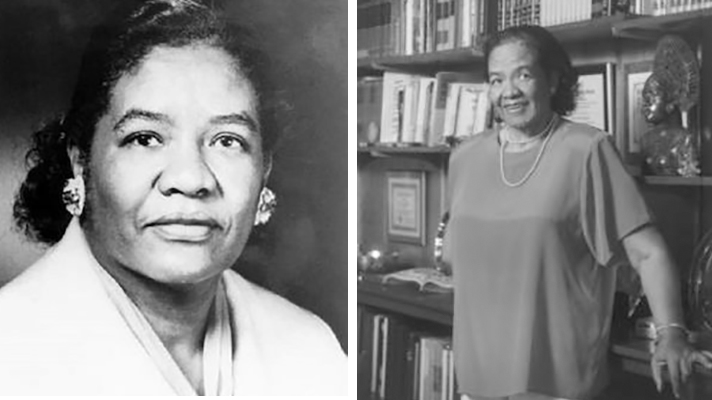
Dorothy Lavinia Brown, MD, broke new ground as the first Black female surgeon in the South while facing insurmountable odds. She was a trailblazer in medicine and an inspiration to future generations because of her tenacious persistence and relentless pursuit of perfection. She made history by being the first Black woman to be elected a member of the esteemed American College of Surgeons. This article will examine Dr. Brown’s life and work, focusing on her remarkable journey, struggles, and lasting impact.
Early Life & Education
Dr. Brown was born in 1919 in Philadelphia, Tennessee, at a time when African Americans faced racial prejudice and little opportunity. Nonetheless, she advanced due to her formidable intelligence and incontestable enthusiasm for medicine. She attended North Carolina’s Bennett College on a full scholarship and did very well academically there.
Medical School & Barriers
The path Dr. Brown bravely followed to become a surgeon was not without obstacles. Despite rejection from several medical schools based on gender and color, she remained determined and unfazed. She persisted in her pursuit of admission to Nashville, Tennessee’s Meharry Medical College. She proved her naysayers incorrect by overcoming prejudice and graduating with honors in 1948.
Professional Achievements
After finishing medical school, Dr. Brown set out to leave an indelible mark on the medical industry. After completing her surgical residency at Meharry Medical College, she made history as the first Black woman to do so.
Her exceptional clinical insight and surgical talent made her renowned as a talented surgeon. The appointment of the first Black woman to a surgical staff position at the Veteran Administration (VA) Hospital in Nashville took place in 1954, marking a watershed moment in medical history.
Contributions to Society
Dr. Brown’s impressive list of medical accomplishments extends far beyond her mastery of surgery. She was a staunch champion when it came to women’s equality in healthcare. She began her arduous campaign for gender parity and the advancement of women in healthcare in 1956 when she founded the Tennessee Medical Women’s Association. Beyond her work in medicine, her commitment to equality and inclusion was evident in her active participation in the civil rights struggle.
Recognition & Legacy
Nobody could have missed Dr. Brown’s revolutionary work and enormous impact. Honored with the esteemed ” fellow ” title by the American College of Surgeons in 1957, she cemented her place in medical history as the first Black woman to get this designation. Her remarkable achievements cleared the path for more Black women to enter the surgical field.
Dorothy Lavinia Brown, MD, was a remarkable woman who went against the grain of society and conquered tremendous obstacles to make her imprint in medicine. By breaking barriers and pushing themselves to their limits, she paved the way for many others to follow in her trailblazing footsteps.
In addition to opening doors for future Black female surgeons, her revolutionary work should serve as an example to all those who fight for social justice and equality. The incredible impact of Dr. Brown’s life will be a constant reminder of the importance of never giving up and the boundless possibilities that exist inside each individual.

Modern-Day Dorothy Lavinia Brown, MD
As president and dean of Morehouse’s medical school, Dr. Montgomery Rice has innovated








